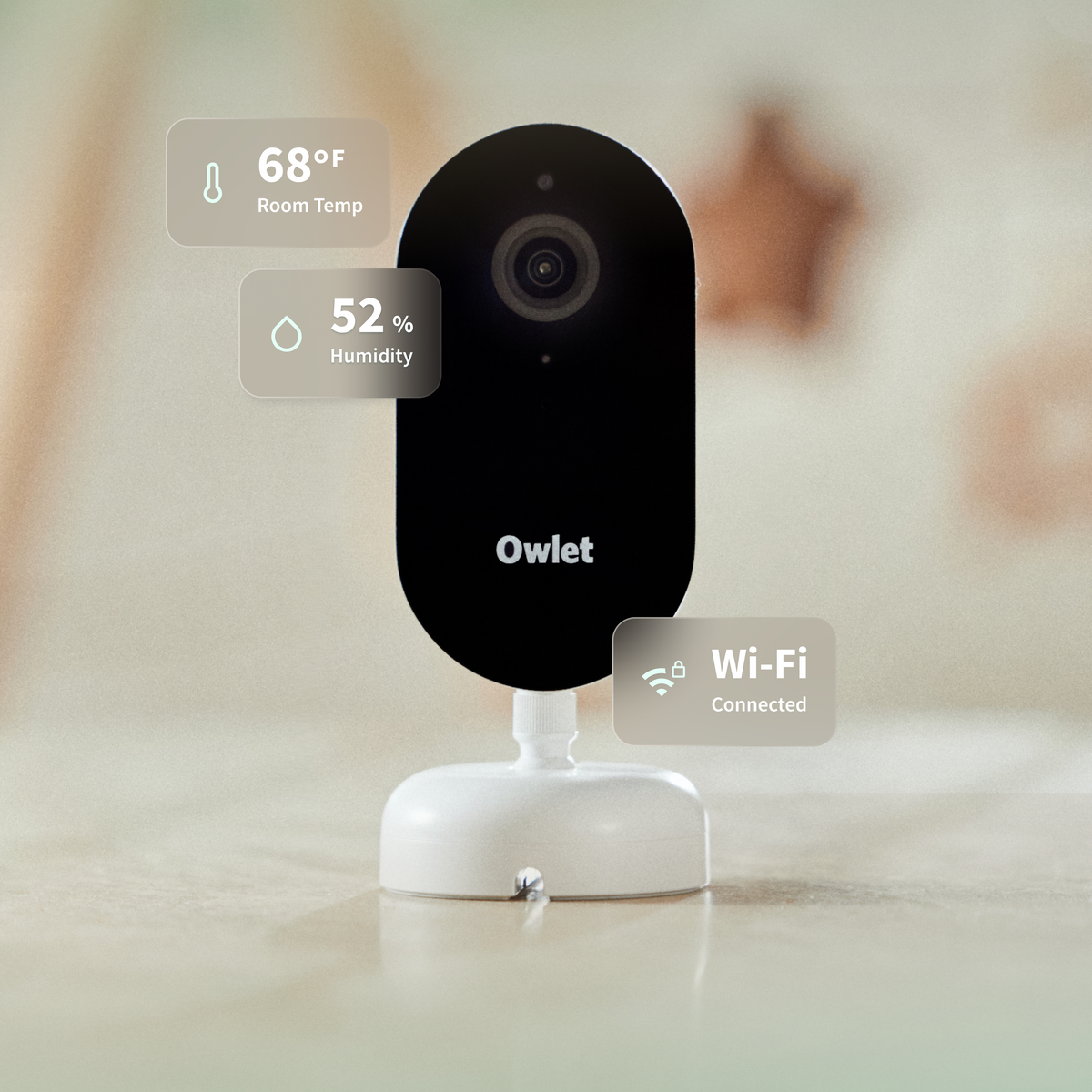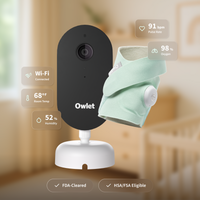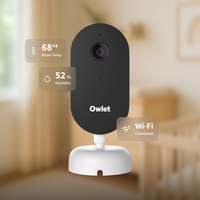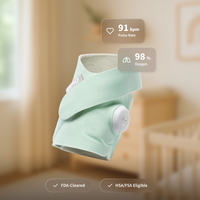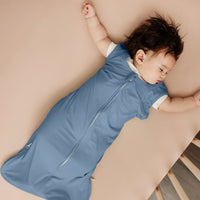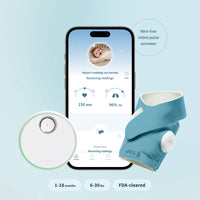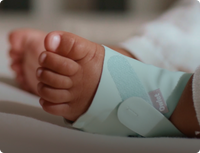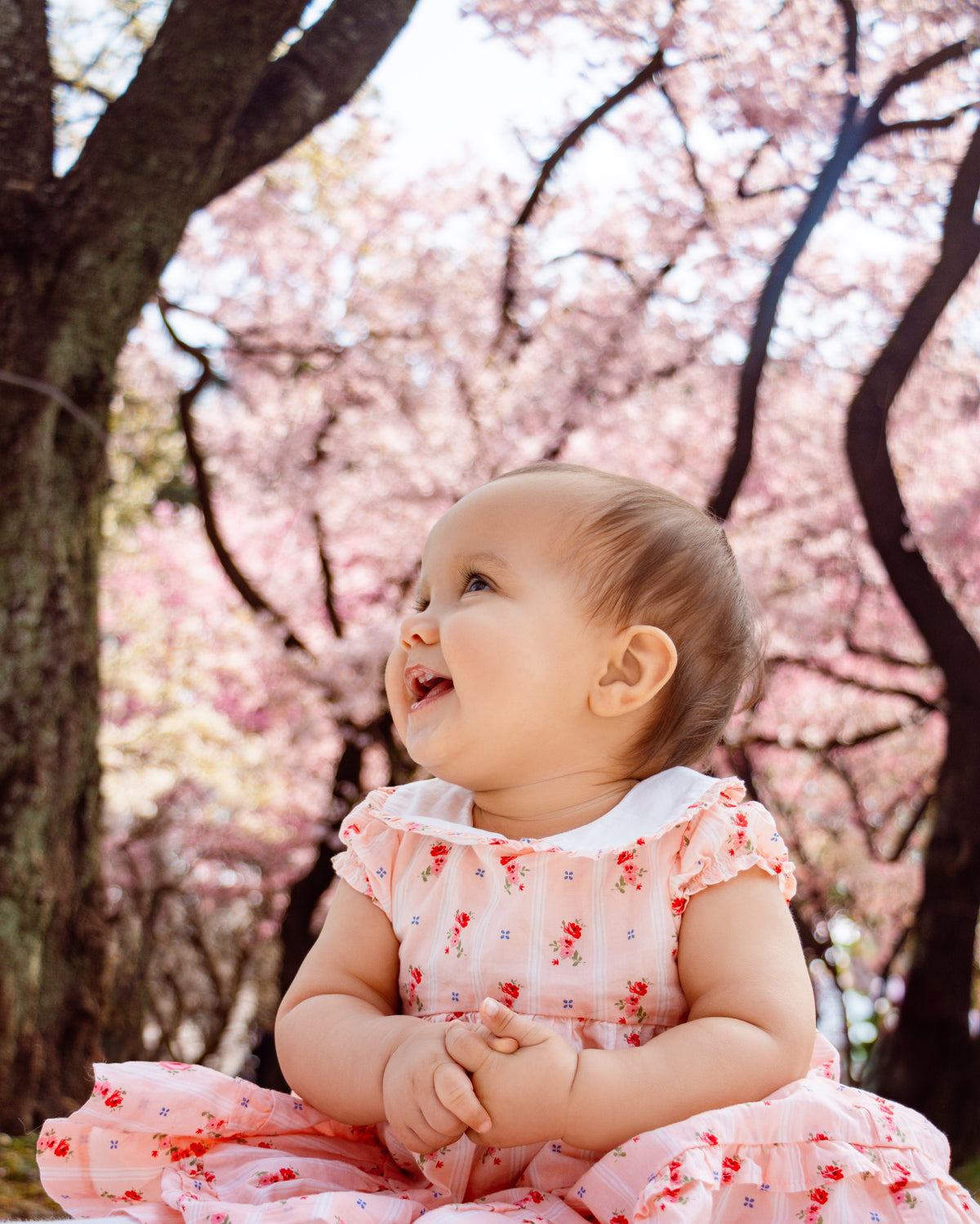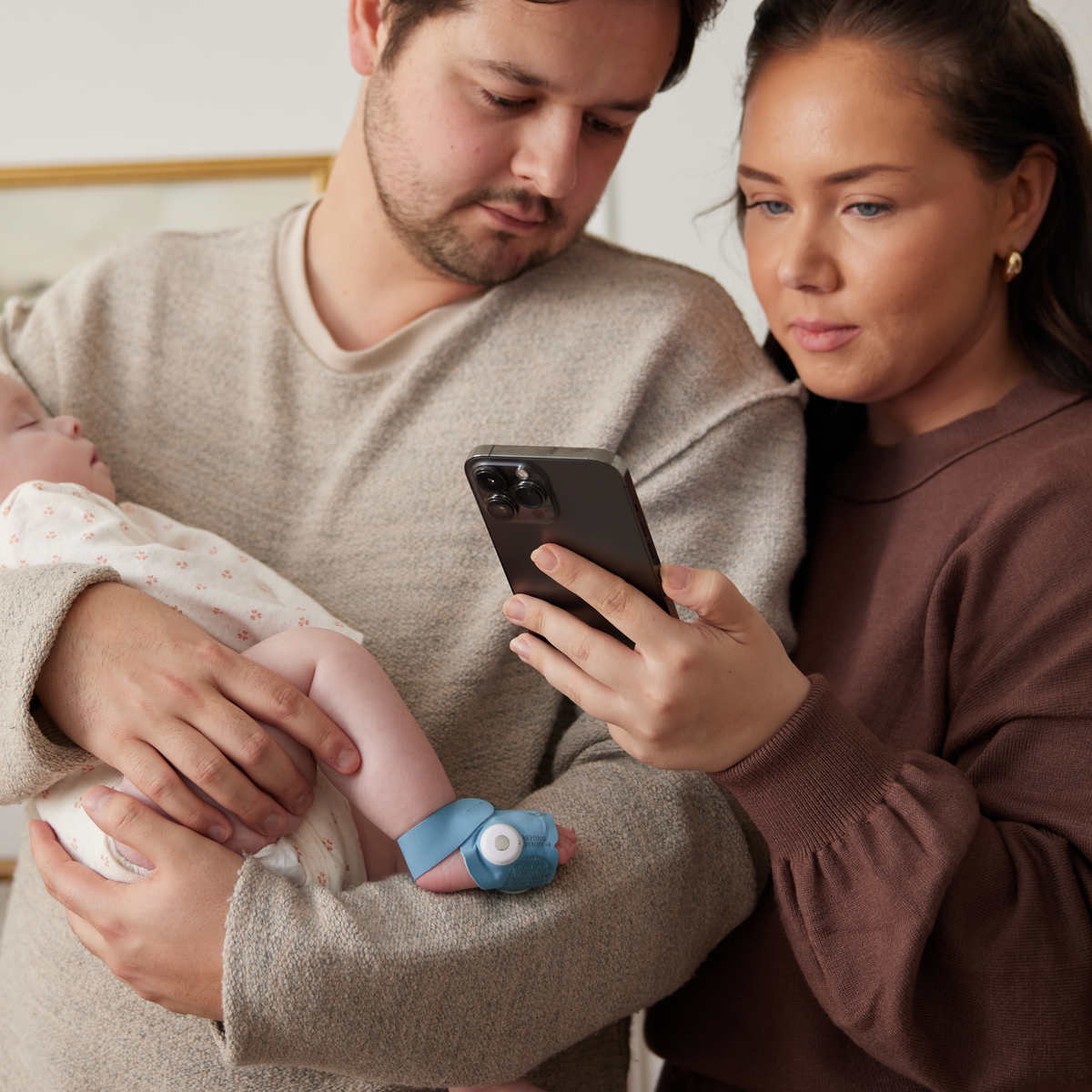Do Babies Dream?

Dreams are one of the most fascinating topics in psychology. Everyone dreams, but there is still much that we don't know about why and what people dream about. Dreams can provide clues into our personalities and our emotional lives. They can also be prophetic or just plain weird. But what about babies? Do babies dream? And if so, what do babies dream about? Keep reading to learn more!
When Do Babies Start to Dream?
It's no secret that babies sleep a lot. But you may not know that babies generally spend about half of their sleep in REM (Rapid Eye Movement) sleep. In comparison, adults usually spend 20% of their sleep in this stage.
However, this doesn't necessarily mean that babies are dreaming the entire time they're in REM sleep. Instead, this simply suggests that if babies did dream, they'd be dreaming a lot.
But, research isn't very clear-cut when it comes to babies and dreaming. Because neuroscientists recognize that dreaming requires being developmentally able to think in an abstract manner, they have difficulty studying what goes on in the brains of infants who aren't yet capable of abstract thinking.
Some researchers believe that babies probably don't start dreaming until they reach 4 or 5 months old. This is based on the fact that it takes time for the structures in the brain responsible for visual processing to develop.
Other researchers have found evidence that suggests that some newborns may dream as early as 2 weeks old. This research is based on studies of brain activity during REM sleep. These studies found that while newborns don't show adult-like patterns of brain activity, they do show signs that they are experiencing something similar to dreaming.
What Do Babies Dream About?
We don't know for sure, but some experts believe that babies may dream about sensory experiences from the womb, such as the sound of their mother's heartbeat or the feeling of being rocked. Others believe that baby dreams are mostly a jumble of random images and sensations. As babies grow older, their dreams become more like those of adults, with plots and characters that seem real at the time (even if they don't make sense upon waking).
Do Babies Have Nightmares?
It's not clear whether babies have nightmares, but some researchers believe that they might. One study found that between 6 and 12 months old, babies who were exposed to a lot of anxiety-inducing experiences (such as being left alone in a room or being around unfamiliar people) were more likely to have negative dreams.
It's also worth noting that some experts believe that nightmares may be a normal part of child development. One theory is that nightmares help children learn to deal with fear and anxiety.
In any case, if your baby does seem distressed after waking from a nap or nighttime sleep, it's always best to consult with your pediatrician to rule out any other possible causes of distress.
What Does REM Sleep Look Like in Babies?
If you've ever watched a sleeping baby, you may have noticed that they often move their arms and legs around, as well as their head. These jerky movements are a normal part of REM sleep.
Babies generally show less REM atonia than adults do, which means they may be more likely to move around during this stage of sleep. In fact, some researchers believe that this is why young infants often wake themselves up during the night.
What is Moro?
Moro is a reflex that is often seen in young infants during the first few months of life. It usually happens when an infant is startled, such as by a loud noise or sudden movement.
The Moro reflex, often called the startle reflex, typically causes an infant to throw their arms out to the side and cry. While it can be alarming for parents to see, it's considered a normal part of infant development and usually goes away on its own after a few months.
How Can I Help My Baby Sleep Better?
If you're concerned about your baby's sleep habits, there are a few things you can do to help them sleep better. First, make sure that they have a regular bedtime routine. This can help cue their body that it's time to sleep.
You should also make sure that their sleeping area is dark, quiet, and cool. Additionally, you should avoid letting them fall asleep while nursing or bottle-feeding, as this can create a sleep association that can be difficult to break.
Finally, if your baby is having trouble settling down to sleep, you can try rocking or patting them until they drift off. However, be careful not to do this for too long, as you don't want them to get used to being rocked or patted in order to fall asleep.
How Much Sleep Do Babies Need?
The amount of sleep babies need varies depending on their age. Newborns generally sleep between 16 and 18 hours per day, while older infants typically sleep between 14 and 15 hours per day.
As babies get older, they will gradually start to sleep for shorter periods of time during the day. By the time they reach 6 months old, most babies are only sleeping for around 4 to 5 hours during the day.
Although we still don’t know for sure whether babies dream, we do know that getting good quality sleep is incredibly important for their overall development and health. Make sure you are following the recommended sleep guidelines for your baby to ensure they are getting enough shut-eye. And if you have any questions or concerns about your little one’s sleep habits, be sure to speak with your pediatrician.
